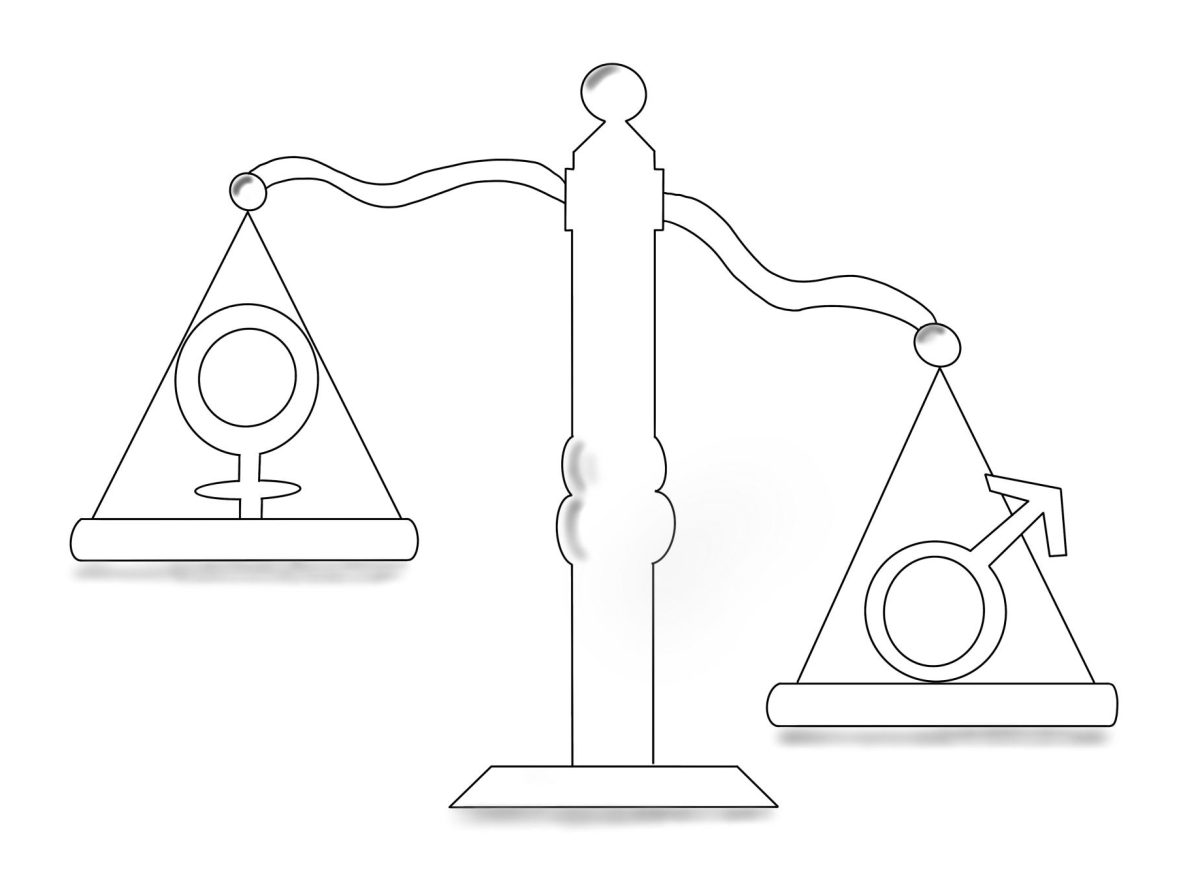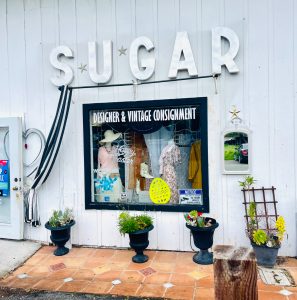Friend In Me: Weakening the stigma around neurodivergent children
April 24, 2023
“My brother Troy has autism, and I have always seen how hard it was for him to make friends at school. My parents would always tell me how he was sitting alone at lunch, which was heartbreaking because I wanted to help him, but I was not sure how,” Julia Sansing said.
Friend In Me is a youth-led, non-profit organization run by Redwood junior Xin Van Horn and her cousins, Drew Sansing and Julia Sansing. Their primary focus is to weaken the stigma between neurotypical and neurodivergent kids and facilitate an inclusive mindset for the volunteers.

Neurodivergent is a term used to describe individuals who have neurological differences or conditions that affect their cognitive functioning, sensory processing, communication and social interaction in ways that differ from the typical, or neurotypical, population.
Julia got the idea for the project after she realized Troy would benefit from a program that would help him develop socially.
The program is designed to integrate participants with volunteers, with the goal of developing a trusting relationship. The main goal of Friend In Me is to encourage neurodivergent kids to develop social skills that will give them the confidence to interact successfully in social situations.
“We pair kids with disabilities with buddies, [who are] student volunteers. They are paired up in advance and go on Zoom. Then, we put them into breakout rooms with each other and they will play games and talk for around 30 to 45 minutes,” Drew said.
With hundreds of volunteers and neurodivergent participants gathered over the last two years, Friend In Me has the potential to leave a positive imprint on the social lives of neurodivergent kids.
“For the volunteers, it helps them realize they can be friends with kids with disabilities. It is normal, and they have much more in common than they might realize,” Drew said.
While volunteers are rewarded with community service hours, outside friendships have also developed between the volunteers and participants. Van Horn had noticed that participants and volunteers were communicating outside of the Zoom calls, regardless of not receiving community service hours for their time. They are devoted and committed to the relationships they formed.
“We have kids from all over the country who Zoom in and the kids get to meet many different people that they would have never met before,” Van Horn said.
Friend In Me serves as a valuable tool in fostering long-distance connections by introducing kids around the world and expanding the social web of neurodivergent kids who may have difficulty making friends the traditional way.
“The biggest part of Friend In Me is not only giving kids with disabilities a chance to practice their social skills but also giving them a sense of belonging and having them realize they can make friends and have people that want to hang out with them,” Julia said.
Prior to the creation of Friend In Me, Julia had been involved in other programs dedicated to supporting children on the spectrum. While she was in high school, she began to volunteer with an American Youth Soccer Organization (AYSO) in Los Angeles and played soccer with children with disabilities. Volunteering with AYSO inspired her to take the next step in her journey toward impacting the lives of children on the spectrum, such as her brother.
“I wanted to do something similar in a non-sports setting and for kids who don’t play soccer,” Julia said.

As most of the participation is centralized around the West Coast, Drew, Julia and Van Horn have been working on expanding their outreach to the East Coast to include more time slots for participants. The expansion would be conducted by a group living on the East Coast, who would volunteer and manage a Friend In Me extension. The Friend In Me management group is confident it would benefit students all over the country to learn to integrate neurodivergent kids into their inner circle.
“We think volunteering is a great opportunity to gain empathy and humanize these kids who feel alienated in society,” Drew said.
While Friend In Me has facilitated friendships between volunteers and participants, it has also benefited Julia, Drew and Van Horn on a more personal level. All three Friend In Me founders conclude that their relationship with Troy has deepened as they have been exposed to more neurodivergent children. They recognize that these children have grown socially and can function comfortably with their buddies. Through their work to positively impact the social lives of neurodivergent Friend In Me participants, these founders have also developed a better understanding of how to communicate with Troy.
“It puts my situation in perspective, and I see all the ranges of the spectrum, which helps me understand my brother and how he communicates with his community,” Drew said.






















